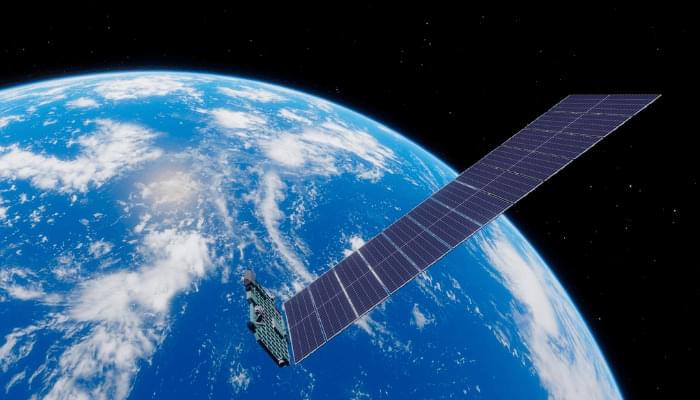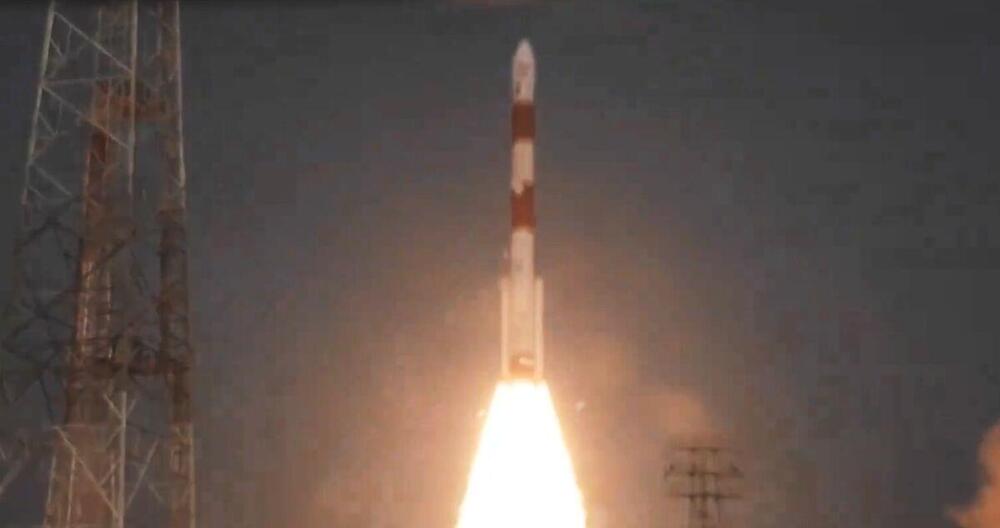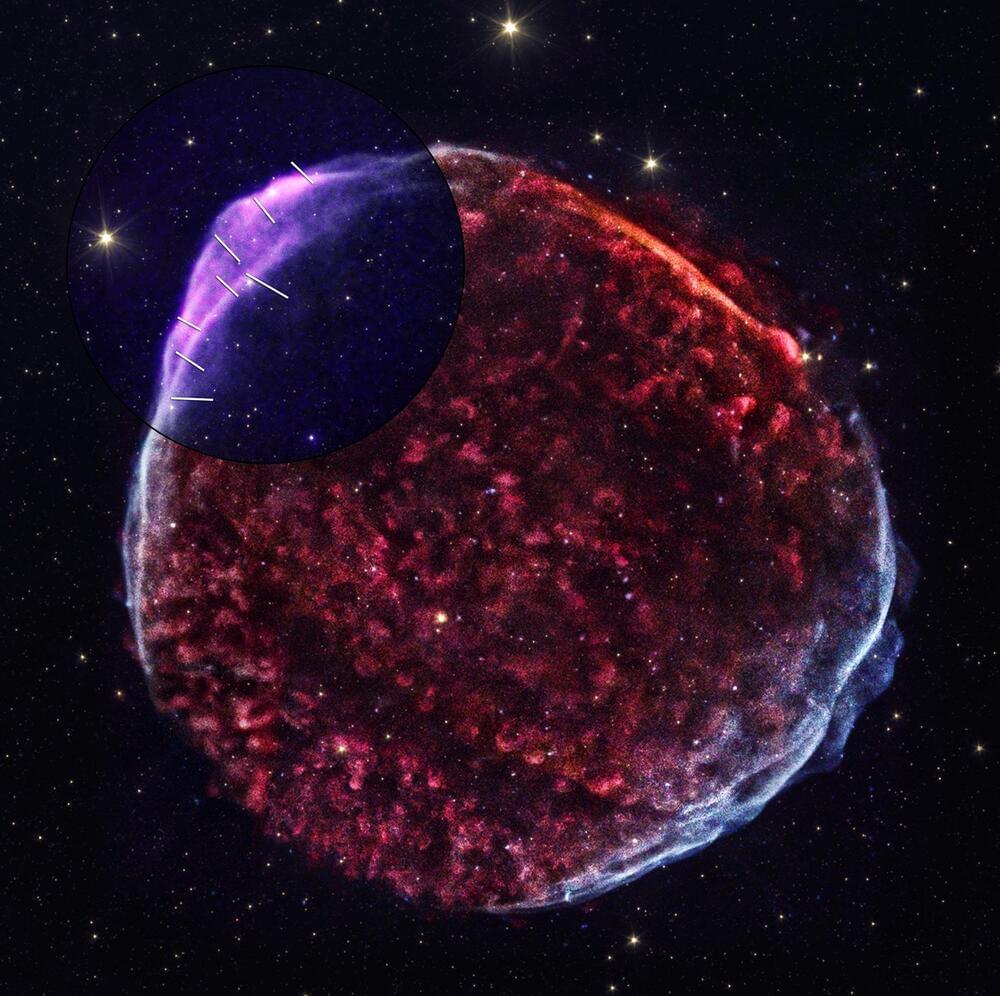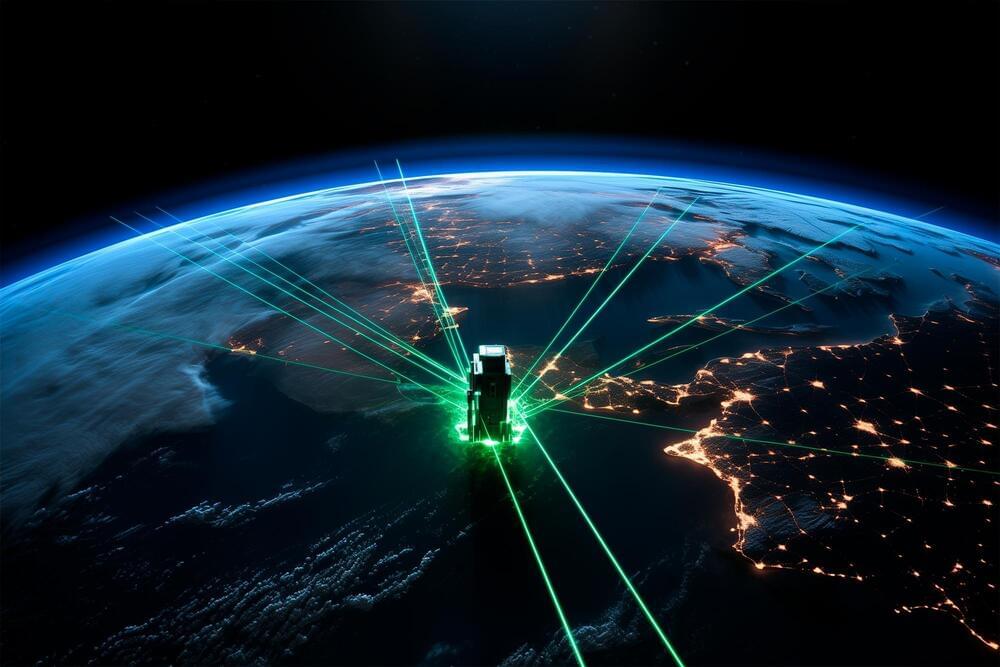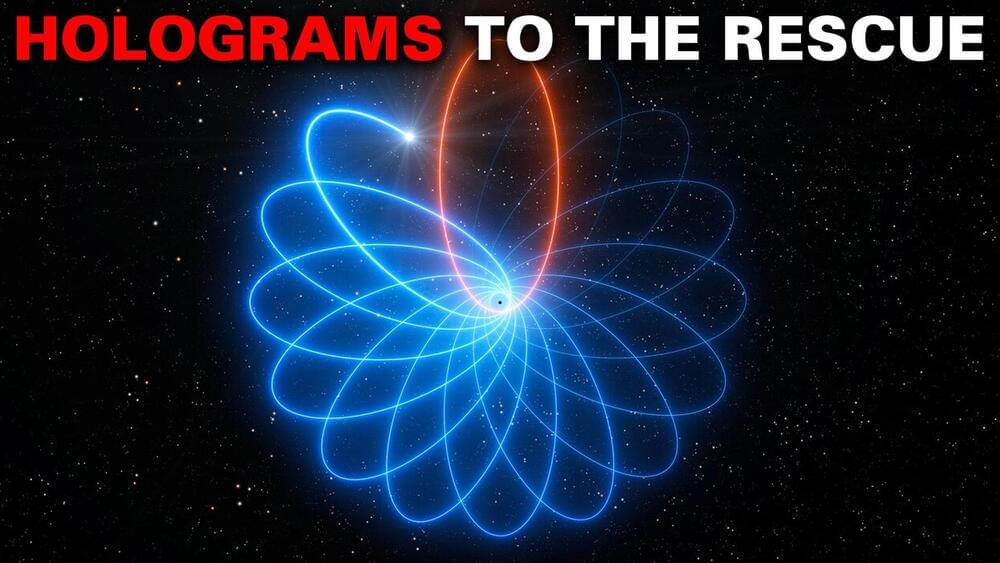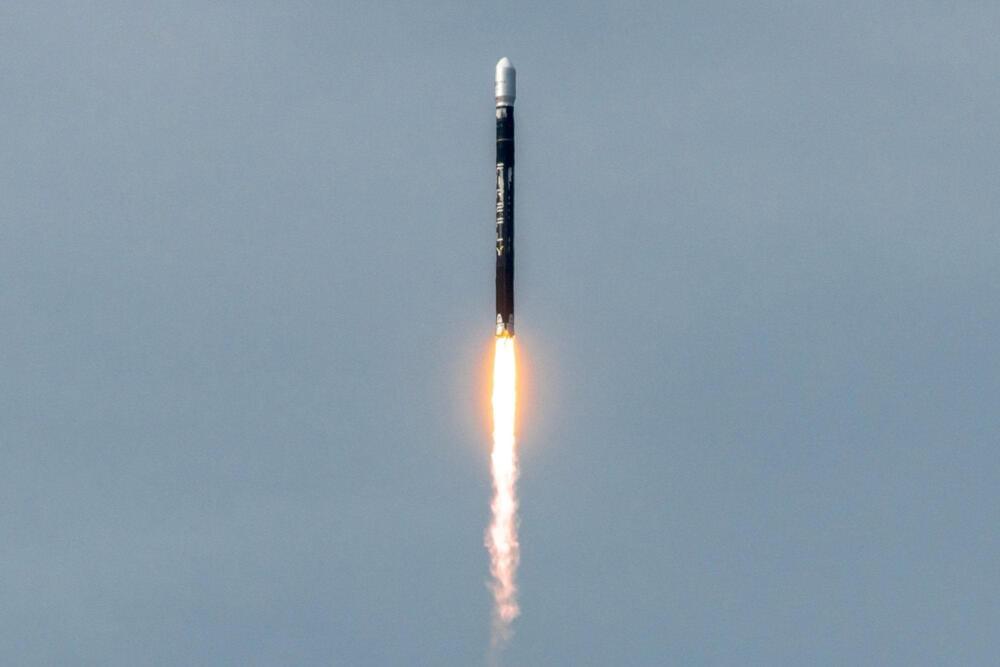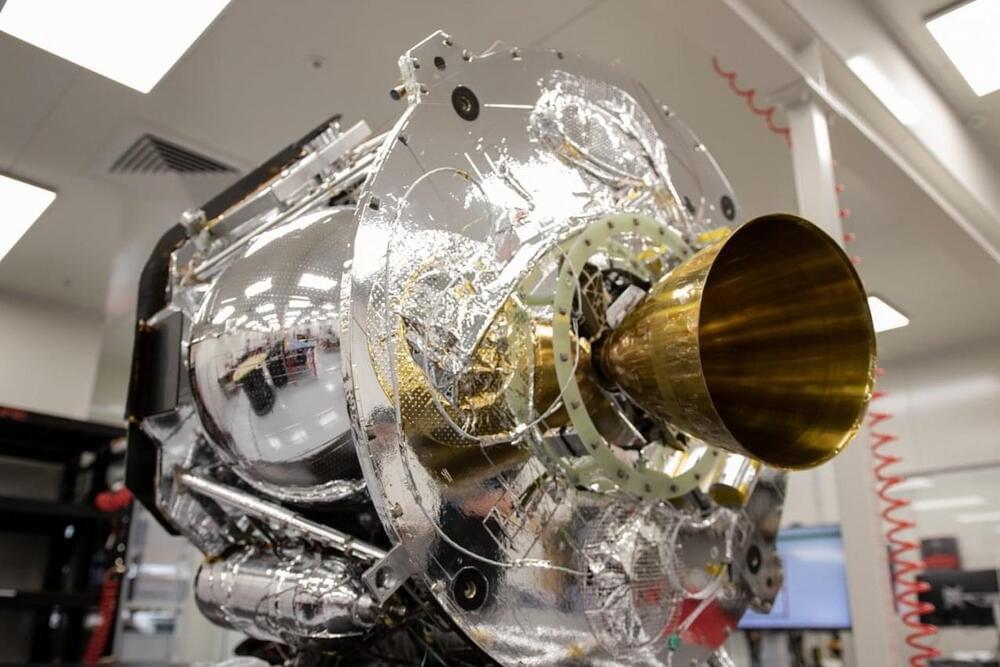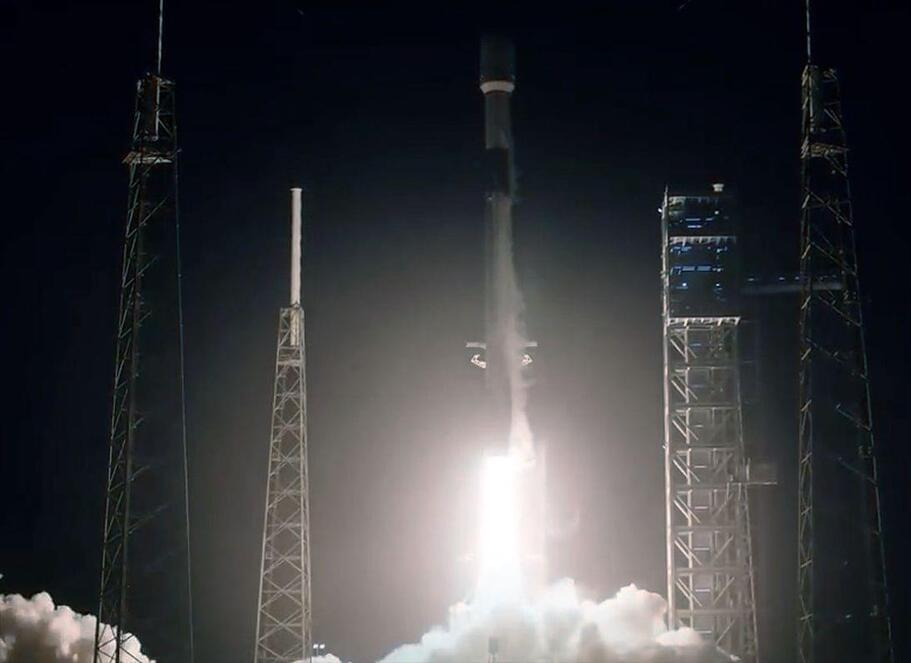Jan 3, 2024
Starlink chose Kenya for first office in Africa
Posted by Omuterema Akhahenda in categories: internet, satellites
Starlink may have launched its first African service in Nigeria, but it is choosing Kenya as the location of its first physical office on the continent.
SpaceX, parent company of the satellite internet company Starlink, recently posted a job vacancy for the position of Global Licencing Activation Manager, sub-Saharan Africa.
The successful candidate is expected to manage a portfolio of countries, interfacing internally and externally, to enable Starlink to become licenced as an Internet service provider and bring the country online, so it can serve people and enterprises around the world in the near future.
